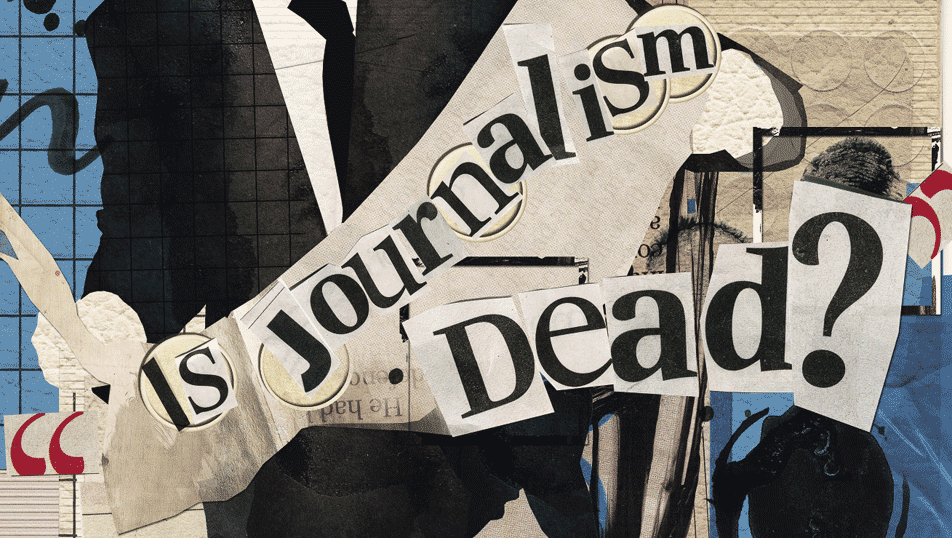 In the wake of public outrage over the Boston bomb suspect´s Rolling Stone cover, aren´t we forgetting people used to be innocent until proven guilty?
In the wake of public outrage over the Boston bomb suspect´s Rolling Stone cover, aren´t we forgetting people used to be innocent until proven guilty?
“He was a charming kid with a bright future. But no-one saw the pain he was hiding or the monster he would become.” So begins Rolling Stone magazine´s controversial portrait of Dzhokhar Tsarnaev, the kid who allegedly planted bombs that killed 3 and injured 264 in Boston last April. Rolling Stone follows this dramatic introduction with a short note from the editor, gently assuring any readers who are rabid with fury that the story ´falls within the traditions of journalism´.
If they mean the tradition of using shock tactics in a cynical bid to generate publicity and sell more copies of their magazine then I agree; sadly that´s nothing new. But in every other way, the Rolling Stone story breaks not only ´traditions of journalism´, but several media laws and ethical boundaries that are crucial in a fair, free, democratic society. Cast your mind back, if you can, to that sunny and carefree pre-9/11 world, where intelligent people didn´t have panic attacks over dark-skinned men on buses carrying electronic cigarettes (it would have been impossible to believe, right?). Back then, the Rolling Stone article would have caused outrage for a very different reason- it assumes the guilt of a man who is still awaiting trial.
Yes, we should be angry. And very concerned. We should be looking very closely at the emotive and dehumanizing ´monster´ label Rolling Stone have pinned to the alleged terrorist and we should be asking: What happens when the trial begins? Will there even be a trial? How can we expect the jurors not to be influenced by mainstream media´s premature guilty verdict? And what if- just what if- Dzhokhar and his brother are innocent?
Continue reading “The real problem with that Rolling Stone cover”

